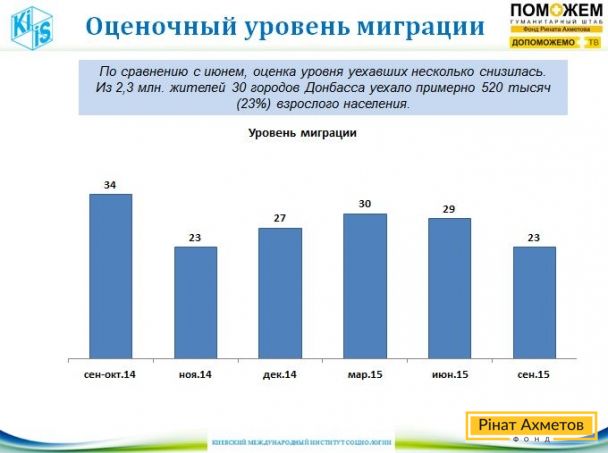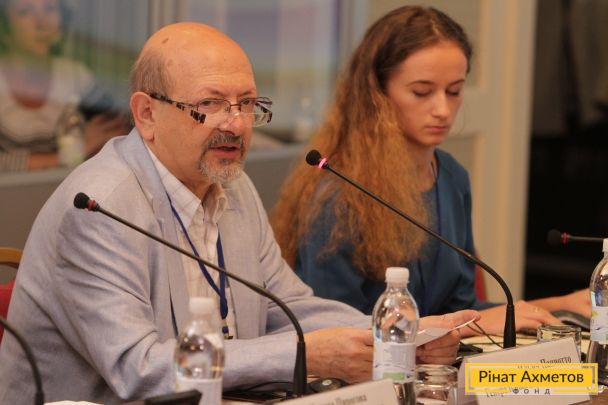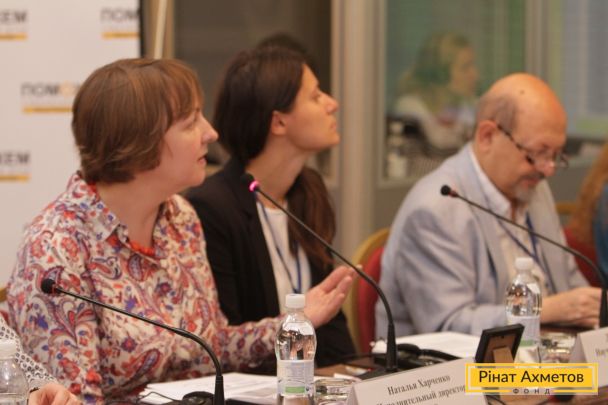The absolute majority of Donbas civilians don't want to leave, – sociologists
According to the research of Kyiv International Institute of Sociology (KIIS), conducted in early September, 93% residents of the most distressed towns of Donetsk and Luhansk regions are not going to leave their homes. This was announced during the presentation of KIIS sociological research for the Humanitarian map of needs of Rinat Akhmetov Humanitarian Center.
The fragile ceasefire in Donbas and improvement of the situation with food gave people hope for normal life. And despite the remaining serious difficulties in everyday life, such as lack of vacancies, delayed wages, high prices, and difficult situation with medications, more and more residents of Donetsk and Luhansk regions refuse from the idea of leaving non-government-controlled areas.
"93% don't want to leave their place of residence. And 6% would like to go, but they cannot. As compared to December 2014, the rate of those who wouldn't want to leave has increased by 11%, – Volodymyr Paniotto, the General Director at KIIS, mentioned during the roundtable meeting. – Moreover, the level of displaced people vs June has reduced from 29% to 23%. Of the 2.3 mln residents of 30 Donbas towns, about 520,000 of adult population moved out.
The Humanitarian map researches show that with the course of time less and less of respondents (1%) are planning their departure. And those, who would like to leave, have a worse understanding of where exactly they want to go.
"Those, who are willing to leave, have less determined plans on the direction of their departure in September vs June – 49% don't know where they are going to migrate. Those who know often prefer other regions of Ukraine (25%). And 13% would move to Russia", – Natalia Kharchenko, the Executive Director at KIIS, stated.
According to the roundtable experts, the activity of humanitarian missions has also influenced the improvement of current situation. The needs of the population under the blockade have reduced due to effective work of all volunteers, international organizations and Rinat Akhmetov Humanitarian Center.
"The Humanitarian Center has been operating for more than a year. During this period we sent 101 truck convoys to Donbas. And this is more than 60,000 tons of food. Thanks to this 500,000 retired people, disabled citizens and families with many children receive monthly assistance. 4,570,000 survival kits for adults and more than 335,000 packages for children have been issued since August 2014. Who could ever think that peaceful and successful Donbas will need food deliveries to save people from starvation, – Rimma Fil, the Humanitarian Center's Coordinator, says. – And Rinat Akhmetov is planning to continue helping people in the future, until his support is needed. For us, the results of Humanitarian map researches are proving the areas where to direct our efforts and the ways to allocate resources. These are the new Humanitarian Center's objectives".
On September 24, during the roundtable meeting on "Humanitarian map of Donbas needs: key requirements, the situation in education and employment sectors" KIIS presented the results of its research that was conducted by order of Rinat Akhmetov Humanitarian Center and Dopomozhemo TV during September 2-11, 2015. 2,100 respondents older than 18 were polled through telephone and computer interviewing - CATI. Residents of 30 most distressed towns of Donetsk and Luhansk regions participated in the surveying.






